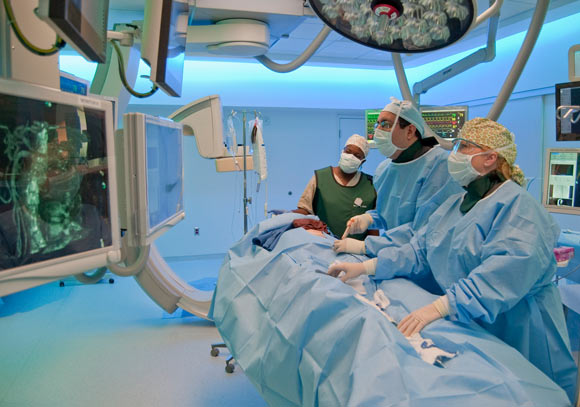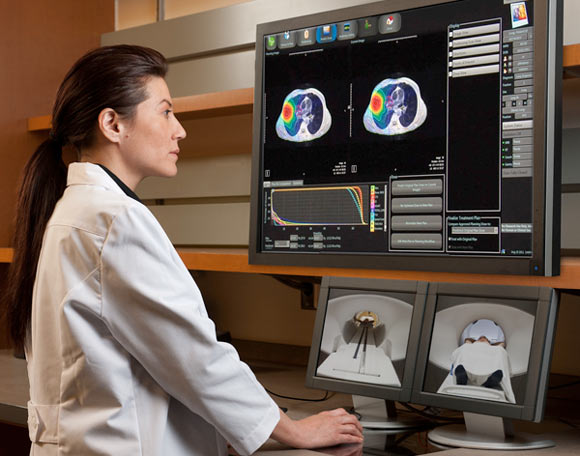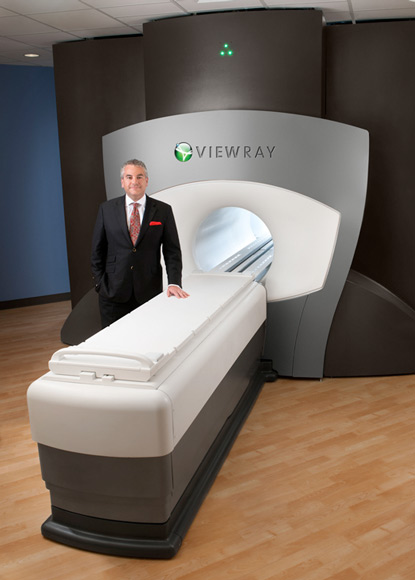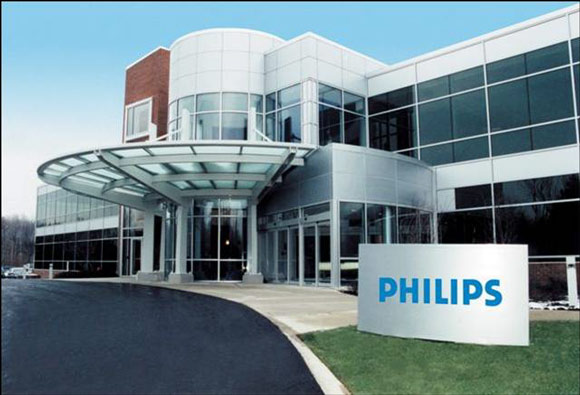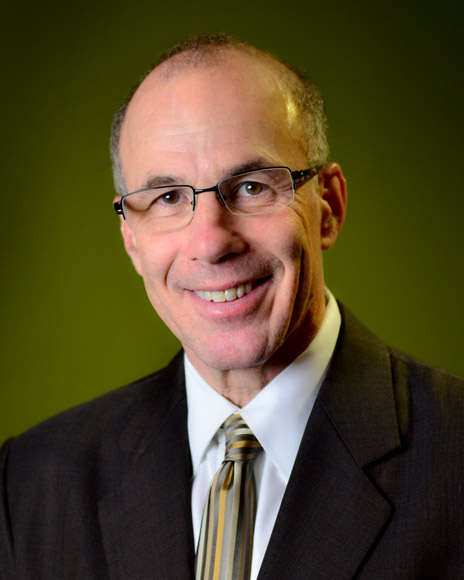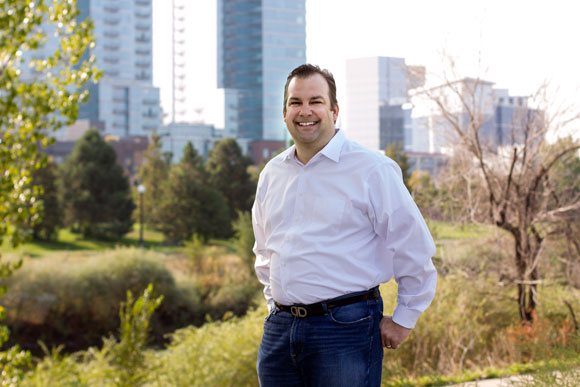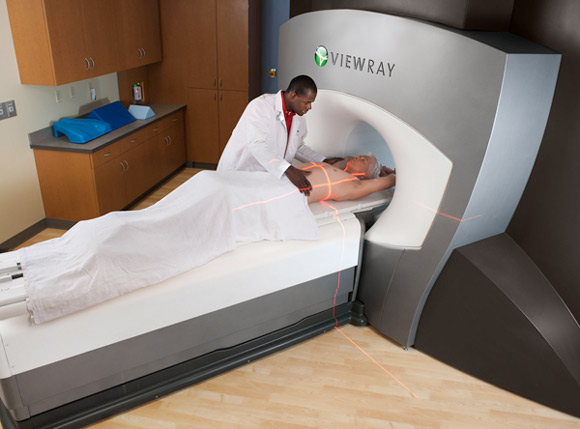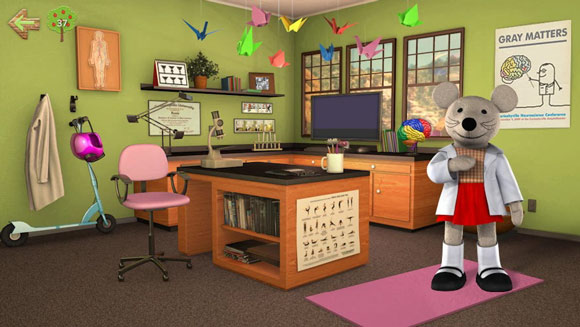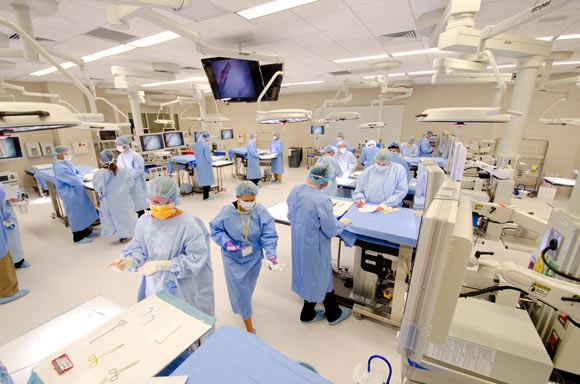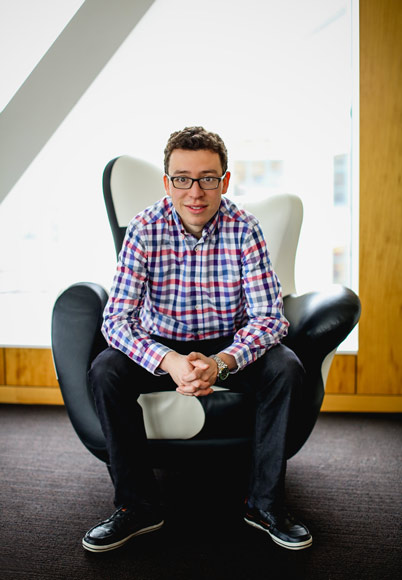rise of the rest: it's not just silicon valley anymore, people
AOL Co-Founder Steve Case has a great perspective on the country's vast and varied startup universe. Now Chairman of Startup America and CEO of Revolution, a venture capital fund based in Washington, D.C., Case wrote a February blog post for the Wall Street Journal describing what he's dubbed the "rise of the rest."
"I'm convinced that we’re beginning to see a regional 'rise of the rest' as cities like Washington D.C., Denver, Chicago, Atlanta, Raleigh, Cleveland, Detroit and many others experience unprecedented growth in startups," wrote Case.
Case is the unofficial pied piper for this "rise of the rest." He recently crisscrossed the country in search of investments for Revolution outside of established tech hubs like Silicon Valley and Boston. But he's not alone in recognizing it.
"We're just seeing the beginning of this trend," says Craig Howe, Founder and CEO of Rocket XL, a Los Angeles-based social media agency.
Howe is involved in no less than seven startup accelerators and incubators from South Carolina to California as mentor, advisor or investor, and seeing entrepreneurialism blossom in unexpected areas. "I never imagined in a million years that one of the strongest accelerators in the country -- the Iron Yard -- would be in Greenville, South Carolina."
Silicon Valley set the template of academic institutions and companies feeding off of each other to create a first-rate ecosystem for tech startups and innovation. Now it's being replicated in all sorts of places with all sorts of specialized technologies, says Howe, with a boost from government subsidies and successful entrepreneurs coming back to their roots and helping catalyze local networks of investors and advisors.
"A lot of people are returning home," says Howe. "There's such energy and excitement for successful businesspeople to invest and be part of a startup community."
Pittsburgh: Language Tech Hub
Home to Duolingo, Jibbigo and Carnegie Speech, Pittsburgh's strong translation tech cluster is due in large due to the presence of Carnegie Mellon University. But there's a lot more to it than that.
"One of the problems startups in other areas have is finding engineers," says Luis von Ahn, CEO and Founder of Duolingo. "In Silicon Valley, they say it's so hard to find engineers. We don't have that problem. It's not like that here."
He says Duolingo has four computational linguists on staff. "Those are really hard to find." But Carnegie Mellon has one of the biggest and best computational linguistics departments in the world in its Language Technologies Institute.
Born in Guatemala in 1979, von Ahn is known as one of the godfathers of crowdsourcing. He was the recipient of a MacArthur Fellows "genius grant" in 2006 and started Duolingo in 2011. The company teaches people languages on the Internet and uses their lessons to crowdsource translations to a wide variety of customers.
Duolingo has 24 employees in Pittsburgh (12 of its 14 engineers are Carnegie Mellon grads) and is growing at a torrid pace. "We're scaling and we're continuously hiring," he says.
Pittsburgh is not a hard sell to new recruits, he adds. "Affordability is a big deal," he says. "When you compare New York and Pittsburgh, it's almost laughable. Here you can buy a four- or five-bedroom home for what you could maybe rent a two-bedroom apartment in New York."
And the city over-delivers in terms of quality of life. "It's not the middle of nowhere, "says von Ahn. "It's a cool city."
Mile High Rising
Denver is another city that's proving fertile ground for software and web technology startups, and quality of life enters most every conversation on the topic.
Erik Mitisek is something of the ambassador of the city's booming startup scene. He's Co-Founder of travel startup NextGreatPlace and Chairman of Built In Denver.
"Denver is in the midst of an entrepreneurial renaissance," he says. "There's a lot of activity." He points to enterprise software and mobile technology as growing areas, and says local companies Rally Software, Ping Identity, FullContact and iTriage are some of the companies to watch.
Mitisek cites local higher education and easy access to technology as critical factors underpinning the current boom times. But if Denver has one trump card, it's quality of life, he says.
"It's a great place to work, but it's also a great place to live," says Mitisek, highlighting a "trifecta" of development in the central core, access to capital and several companies on the cusp of going public.
Lasting Legacy
Baltimore's been a computer gaming hub for a long time, and it's poised to bolster that status as a new generation of creative game-makers settle down in the city.
The local ecosystem for computer games can be traced back to a singular event in 1982: Sid Meier and "Wild Bill" Stealey co-founded MicroProse and based the company outside Baltimore in Hunt Valley. The company's flight simulators were popular in the early days, and Meier went on to develop Civilization, one of the top computer games of all time. He lives in Hunt Valley today.
After peaking in the 1990s with 220 employees in the Baltimore area, MicroProse has been since acquired many times and is now based in California, this legacy has made metro Baltimore a gaming hub ever since. Murray Taylor, Founder of Digital Steamworks, is one of many former MicroProse employees to have gone off to launch their own startups.
"We started making computer games when the industry began," says Taylor. "It's just natural now. We see the evolution clearly and can see what's next."
Digital Steamworks takes computer-game concepts and technology to new markets, having developed 3-D rendering software for NFL coaches and interactive exhibits for the General Electric Visitor Center in Atlanta. Others, like BreakAway Games, have fostered a market with the strong local military presence. A who's who of military leaders has used BreakAway's software.
And Baltimore attracts the right talent to fuel visual and conceptual innovation. "Baltimore's kind of quirky," says Taylor. "It's kind of like Austin in a way. A lot of creative people are attracted to the city. People like funky things."
And the Silicon Valley types who come out for a job tend to like Baltimore. "People come out from California and they stay," says Taylor, citing public schools and climate as prime selling points. "They love it here. It's lush here. It looks like a tropical rainforest compared to California."
Public-Private Snowball Effect
It's often strong public-private partnerships that set the stage for the rise of a local tech sector. In Tampa, it's all about simulation, spanning military and medical applications.
Of the latter, there's nothing more cutting edge than CAMLS, short for Center for Advanced Medical Learning and Simulation, a $38-million, 90,000-square-foot facility that's redefining medical teaching. The University of South Florida partnered with private medical-device manufacturers, game developers and medical and aviation simulation companies on the facility, which opened in 2012.
The big picture: Healthcare is the only high-tech, high-touch industry that does no skill assessments, and it's high time for change.
"Healthcare is about to go through its largest transformation in a lifetime," says Dr. Stephen Klasko CEO of USF Health and Dean of the Morsani College of Medicine. "While many doctors and hospitals have not yet adapted to this, USF leadership has taken the approach best described by Buckminster Fuller: 'You never change things by changing the existing reality. To transform something, make a new model that makes the old one obsolete.' That is what we are doing here at CAMLS, at USF and throughout Tampa Bay."
"Silicon Valley was not Silicon Valley until they had a critical mass of transformative computer and information technology pioneers," says Klasko, pointing to the upcoming MediFuture 2023 event in mid-May as a sign of the regional rise of medical high-tech. "We believe we are doing that in Tampa Bay and that we will build a snowball effect as we build on our current assets."
CLE: Where the Technology Is
Tampa's not the only place hip to public-private partnerships: Cleveland has fostered health-tech startups with incentives and grants, and the presence of the Philips North America Education Center is a very big deal in the medical-imaging industry. It's the center of a cluster that includes about 80 companies -- a critical mass that exerts a serious gravitational pull on imaging startups.
Take ViewRay. Founded in Florida in 2003, the company relocated to Cleveland in 2004. Today, after raising more than $80 million in venture capital, ViewRay now has 40 employees in Cleveland and is making a big push to market in the summer of 2013. The company's technology is a real-time MRI that allows doctors to see how patients respond during treatment.
"You have to go where the technology is," says ViewRay Senior Director of Marketing Michael Saracen, describing "a mix of heavy iron, high-tech and computer software."
Modern web-conferencing and mobile technology make it easy to have "the best of both worlds," he adds. "We've worked on being a remote-friendly company," says Saracen, who himself spends more time traveling than he does at ViewRay headquarters in Cleveland and lives in San Diego. "You can have the company in a place like Cleveland and still leverage talent in other areas."
But hubs are key, especially when it comes to manufacturing. The presence of the Philips center has catalyzed imaging companies large and small in Cleveland. "Wherever you have a hub, that means there are ancillary components," says Sacaren. "It's easier to go down the street to pick up that widget than it is to go across the country."
Before joining ViewRay, Saracen says his mental image of Cleveland was a very industrial place. Now that illusion has been dispelled. "It's a much more modern city than I expected," he says. "This area is up and coming."

